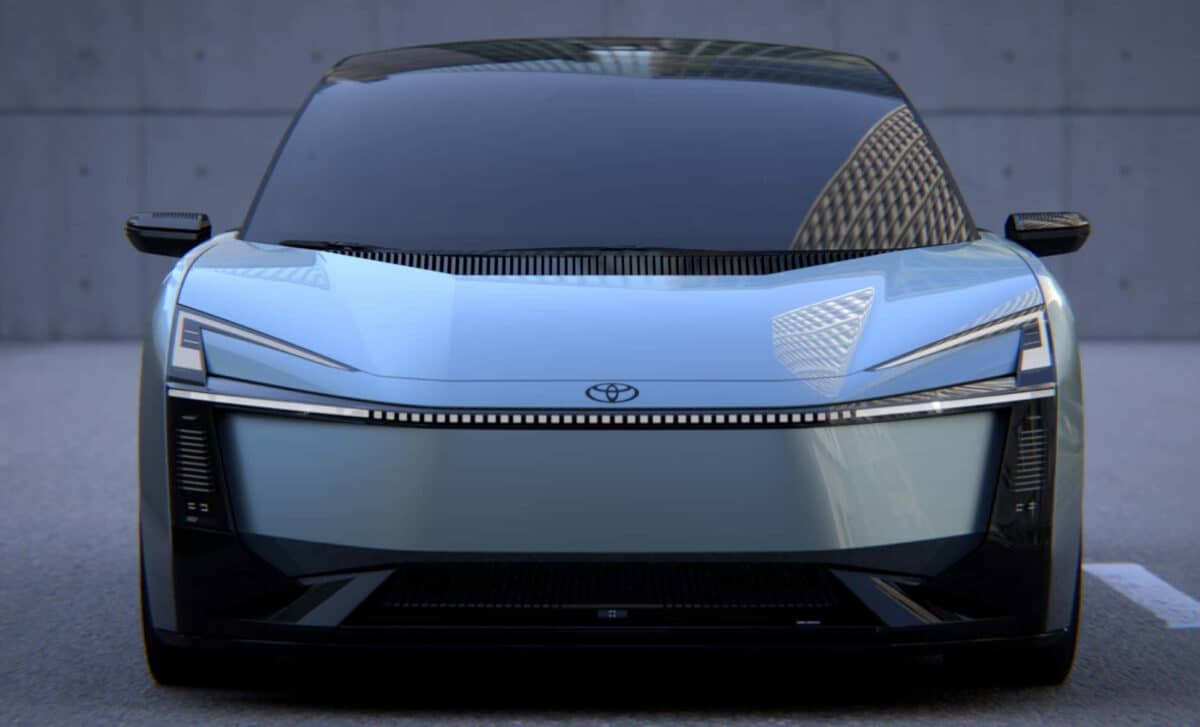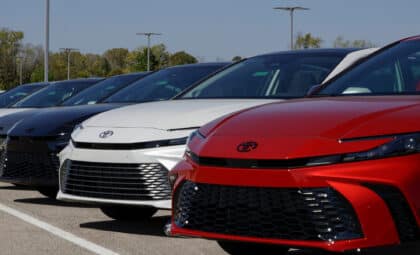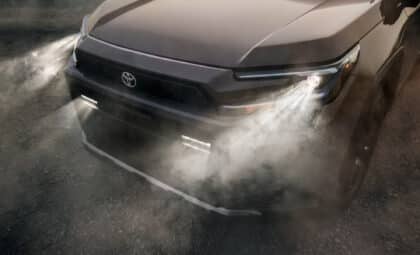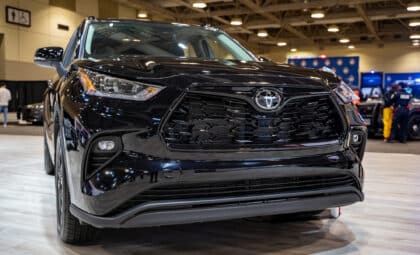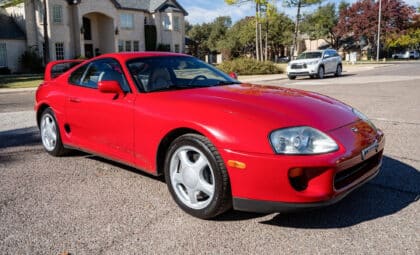The initiative includes the first-ever U.S. production of the Corolla Hybrid, a critical move that will create 252 new jobs and significantly enhance the company’s hybrid capabilities. The investment aligns with Toyota’s strategy to meet the increasing demand for fuel-efficient vehicles while continuing its commitment to U.S. manufacturing.
This new wave of investment is part of Toyota’s broader $10 billion commitment to the U.S., following a period of slowing electric vehicle (EV) adoption and growing interest in hybrid models. The company’s decision to focus on hybrid technology reflects its ongoing philosophy of producing vehicles where they are sold. This investment is set to modernize and expand several of Toyota’s key U.S. facilities, ensuring the automaker stays competitive in a rapidly evolving market.
Strengthening Hybrid Production Across Multiple Facilities
According to Toyota, the bulk of the $912 million will be allocated to the company’s West Virginia plant, which will receive $453 million for the expansion of hybrid engine and component production. This will include the assembly of four-cylinder hybrid engines, hybrid transaxles, and rear motor stators.
The investment will not only boost the plant’s capacity but will also lead to the creation of 80 new jobs, with production set to increase starting in 2027. This expansion is a crucial step for Toyota, which continues to prioritize hybrid models over fully electric vehicles, despite broader industry trends pushing toward EVs, reports Motor1.
Meanwhile, the Kentucky facility, Toyota’s largest global production plant, will receive $204.4 million for a new machining line dedicated to producing hybrid engines. This upgrade is expected to generate 82 new jobs, further boosting the plant’s output of hybrid-compatible engines. The plant is scheduled to begin the new production line in 2027, a key milestone that will solidify Kentucky’s role in Toyota’s hybrid manufacturing strategy.
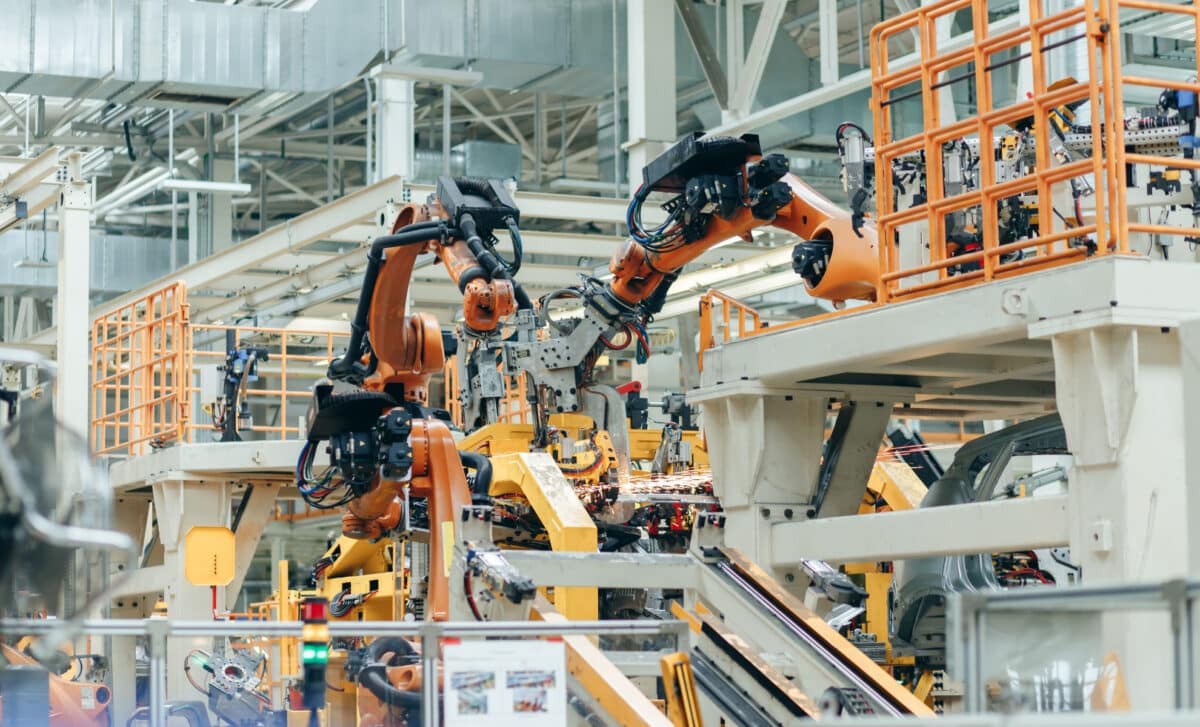
Corolla Hybrid Comes to the U.S.
A major highlight of this investment is the decision to produce the Toyota Corolla Hybrid in the United States. The Mississippi plant will receive $125 million to establish production lines for this model, marking the first time an electrified version of the Corolla will be made in the U.S. This move represents a significant shift in Toyota’s approach to hybrid vehicle production and is a direct response to the growing popularity of hybrids among American consumers.
The Corolla Hybrid, known for its reliability and fuel efficiency, is a popular choice globally, and now U.S. customers will be able to buy a domestic version of the vehicle. According to Toyota, the decision to build the Corolla Hybrid locally aligns with their strategy to “build where we sell,” a concept that has been a cornerstone of the company’s manufacturing philosophy for decades. The Mississippi plant is set to begin production in the coming years, marking an important step in the automaker’s ongoing commitment to American-made vehicles.
Investment Boosts U.S. Manufacturing and Local Jobs
In addition to the large investments in West Virginia, Kentucky, and Mississippi, Toyota is also making smaller but significant investments in its plants in Tennessee and Missouri. The Tennessee facility will receive $71.4 million to install three new production lines that will manufacture hybrid transaxle cases and engine blocks.
These upgrades will help the plant support Toyota’s growing hybrid lineup while creating 33 new jobs. Meanwhile, the Missouri plant will receive $57.1 million to build a new production line for cylinder heads used in hybrid vehicles, which will boost production capacity by over 200,000 units annually and create 57 new jobs, notes Carscoop.
These investments reflect Toyota’s commitment to strengthening its U.S. manufacturing footprint and meeting the evolving needs of American consumers. Kevin Voelkel, Toyota’s senior vice president of manufacturing operations, emphasized that the company is gearing up to meet the rising demand for hybrid vehicles. With the U.S. market embracing fuel-efficient technologies, these strategic investments position Toyota as a key player in the future of hybrid vehicles.

